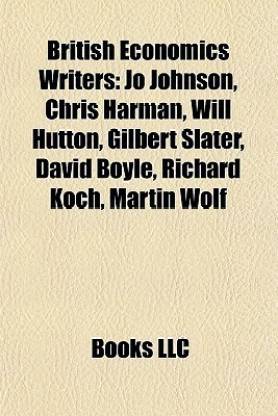Economics is a social science that studies the production, distribution, and consumption of goods and services. It is a broad field that encompasses various subfields such as microeconomics, macroeconomics, and international economics. Economics is a discipline that is concerned with understanding how individuals and societies make choices about how to allocate scarce resources to meet their needs and wants.
There are many writers who have contributed to the development of economics as a discipline. Some of the most notable figures in the history of economics include Adam Smith, John Maynard Keynes, Milton Friedman, and Thomas Malthus.
Adam Smith is often considered the father of modern economics. He was a Scottish philosopher and economist who wrote "The Wealth of Nations," a book that is considered one of the most influential works in the field of economics. In this book, Smith argued that free trade and the division of labor were essential for the development of a prosperous economy. He also proposed the concept of the "invisible hand," which suggests that the pursuit of self-interest by individuals leads to the optimal allocation of resources in a market economy.
John Maynard Keynes was an English economist who is best known for his work on macroeconomics, which is the study of the behavior of the economy as a whole. Keynes developed the theory of Keynesian economics, which suggests that government intervention in the economy is necessary to stimulate economic growth and reduce unemployment. His ideas were influential in shaping economic policy during the Great Depression and continue to be influential today.
Milton Friedman was an American economist who is known for his contributions to the field of monetarism, which is the study of the role of money in the economy. Friedman argued that the money supply and the level of economic activity are closely related, and that the central bank should use its control over the money supply to stabilize the economy. He also argued for the importance of free markets and the limited role of government in the economy.
Thomas Malthus was an English economist who is best known for his work on population growth and resource availability. Malthus argued that population growth would eventually outstrip the ability of the earth to produce enough food and resources to sustain it, leading to widespread poverty and suffering. His ideas have been influential in shaping economic policy and debates about population control.
There are many other writers who have made significant contributions to the field of economics, including Alfred Marshall, Friedrich Hayek, and John Kenneth Galbraith. These and other economists have helped to shape our understanding of the economy and how it functions, and their ideas continue to influence economic policy and decision-making today.








:max_bytes(150000):strip_icc()/milton-friedman-v3-c7714695325b4ad0b0c7d4f0fff14093.png)